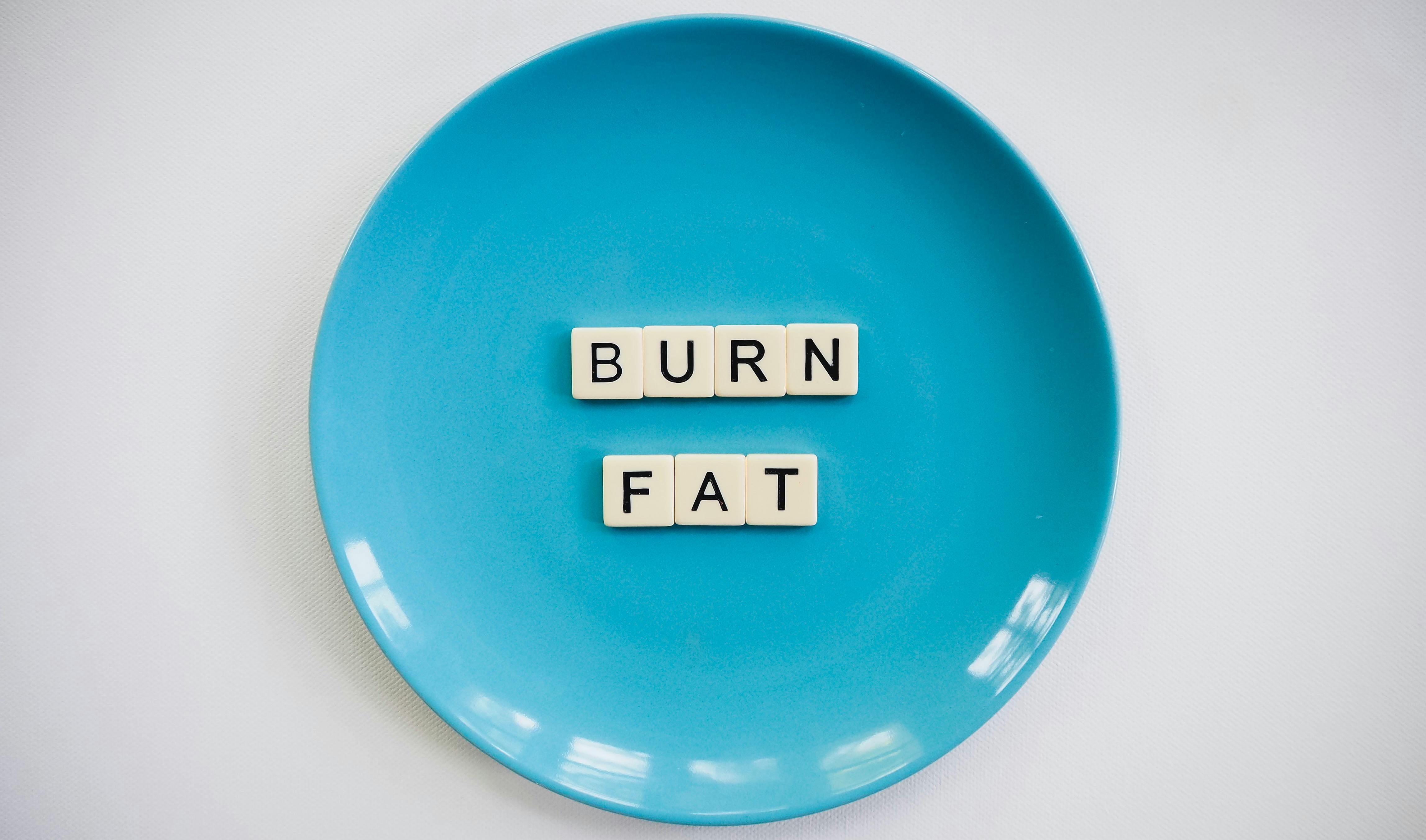
Strong Characters – Gladiator
admin
- 0
Gladiator tells the story of an experienced officer leading a division of the Roman army. Emperor Marcus Aurelius trusts him so much that he decides to make him his successor instead of his own son Commodus. In his own words, “Comfortable is not a moral man. He cannot rule. He must not rule!”
Maximus
This is our protagonist. He is the Super General, the consummate soldier in every way. A professional who carries with him an experience broad enough to teach other generals in the Roman army. Seriously.
That is a character that I love. Not only does he “command the loyalty of the army” (as Marcus Aurelius put it), he inspires the admiration of the men in his command. It looks more like a father slapping the shoulder or chest here and there between the ranks.
Maximus is the quintessential good boy. This is established in the first few shots of the film. This creates a bond with the audience very expertly – that’s a man we can follow for 2 1/2 hours. Well, clever and wise, allergic to politics; a family man whose main aspiration is to retire to his farm with his loving wife and son. What’s not to like?
His objective will go from survival, before his execution, to the safety of his family, after his escape, and to revenge as a gladiator, especially when he learns that he will fight in the Colosseum in Rome in the presence of the new emperor.
Marcus Aurelius
Even weakened by age and probably illness, Caesar does not seem like an insignificant character. You seem to like Maximus’s passion for his farm, for his family. Marcus Aurelius compels Maximus on his last mission: “You are the son he should have had.”
Commodus
The “brother” is a great villain. He doesn’t have Maximus’s skills or experience, and certainly not his righteousness, so he makes up for it with an evil genius and a thirst for power.
His idea of organizing 150 days of games at the Colosseum is a genius. Senator Gracchus sums it up pretty well:
GRACCHUS
He will bring death to them and they will love him for it.
The story begins with the conversation between the Emperor and his evil son. Comfortable does not hesitate to suffocate his father, although he cries, frustrated and disappointed by the old man’s lack of love for him. Comfortable takes by force what he thinks should have been his, which he has apparently been waiting for a long time.
The new emperor is fake, he thinks he’s cool. He is corrupt. It is cruel. He is wicked. The creep tries something with his sister Lucilla; and later, when he discovers her plot, he hopes that she will provide him with “a pure-blood heir.” It is misleading. But it is not weak. His goal is power and he does not give up until he achieves it. So he will fight protecting him.
Naturally, Maximus doesn’t play along, so Commodus orders his execution. And the roller coaster begins.
Lucilla
Charming, sexy, brave and smart, Lucilla is the love interest. More like the old flame that was never forgotten. She seems still in love.
His father Marco Aurelio tells him as a compliment: “If only you had been born a man, what Caesar would you have done!” Without any sexist ideas in mind, I think it’s the best compliment a parent can give.
He laughs heartily when Maximus says, “I think you have a talent for survival.”
In hindsight, he is probably the strongest character in the group due to what he must go through to protect and care for his son Lucius. The boy is heir to the throne and, as such, a threat to Commodus. But more on this later.
Next month
This colorful character is the owner of slaves and organizer of fights. His first act on screen is to grab the balls of a slave trader – the man sold him a pair of male giraffes instead of a pair.
As an experienced former gladiator, he takes Maximus under his wings. He’s a slave owner, but it’s fair, he becomes a nice guy in the end.
Senator Gracchus
This is a man who can stand his ground in the face of Commodus’ madness in the Senate, long enough to lead a seditious group. Comfortable arrives at a Senate session with his sword as a show of force. So imagine.
Now a gladiator
In the arena we meet a mixed group of tougher characters. It is a difficult world and only the strong can survive. Maximus quickly shines once more as a leader, admired and respected. Like in the army.
Meanwhile, Commodus works to strengthen his power. This story does not have a damsel in distress. Although Lucilla needs the hero’s help to secure her son’s future, she is not a weak character at all.
The new emperor makes her uncomfortable and she hides it very well. It takes a long time and it is a very real danger for her fear to get the best of her. She doesn’t break down, but reaches a dead end where only Maximus can help her situation.
Fights in the arena paint Maximus as an efficient and competent fighter, violent as he must be to win, but not gratuitous.
MAXIMUM
I am obliged to kill, so I kill. It’s enough.
The prospect of fighting in the Colosseum gives his goals a more concrete ending. Revenge is now possible.
Befriend two gladiators in particular, Juba and Hagen. The latter tests Maximus’s food for poison, as a soldier would to protect a respected leader. All gladiators love Maximus (then called Spaniard) because his presence once again inspires loyalty and, above all, because he genuinely cares for all of them. While Commodus continues to drag us along with Lucilla and her son; It makes you feel uncomfortable every time he gets close to her or when he looks at Lucius. Brrr!
Proximo comes into conflict with one of the managers of the Colosseum, Cassius. There are no weak characters there either. The boy, Lucius, aspires to become a gladiator.
In the Coliseum
The first fight of the gladiators is a glorious victory that showcases Maximus’ leadership skills once again. It also shows his dedication to protecting his men and a glaring lack of respect for the Emperor that makes us smile. He exposes himself to save Hagen from death. Lead the men from the start and share valuable tips to keep them alive. He directs his defense:
MAXIMUS Whatever comes out of these doors, we have a better chance of survival if we stick together.
A feat that they really accomplish. The underdog take over fairly quickly and they all survive the bloody battle.
Resisting the temptation to attempt to kill the emperor in favor of a better chance later, Maximus shows respect for the life and innocence of Lucilla’s son, who is too close, between him and Commodus. Wise.
Revealing his face to Commodus and the entire crowd at the Colosseum launches the great turning point in history. His men try to protect him from the menacing spears of the Praetorians. Loyalty and love again.
Maximus “becomes more powerful than the emperor of Rome.” He gets a standing ovation from the crowd and the other slaves.
Comfortable is upset. Lucilla becomes hopeful. The sun shines on your life. Your son’s future looks brighter now. Meet Maximus in his cell and we can enjoy a really good conflict. She reveals the extent of her fear in that scene. Maximus sympathizes even though he refuses to help; he is a slave.
In the second fight, Maximus first refuses to salute Commodus and challenges him again by deciding to forgive his opponent. And so, with his skills and strength alone, he foils the emperor’s plan to kill him in the arena. Maximus easily defeats the Tigris of Gaul, despite the unexpected tigers.
After the fight, it is a pleasure to see a tense scene between the two men. Maximus remains calm in the face of Commodus’ childish provocation and becomes an even larger character.
He meets Cicero, his servant, who does everything possible to make his former master notice him. Unbridled loyalty. Cicero’s scarred face makes him look tough like the others; the day Maximus was first arrested, he wanted to protect his master. Maximus shook his head to stop him.
After meeting Gracchus and Lucilla, Maximus joins Proximo in the cause. Don’t you love good conflicts? Proximo isn’t interested until he learns that Commodus “killed the man he put [him] free. “
Commodus knows
As stated above, considering what she must protect and her disability as a woman in Roman society, Lucilla is probably the strongest character in this story.
It is clear that Commodus would not hesitate to hurt his son Lucius if he felt the need. In a terrifying scene at the end of Act II, he explicitly threatens to hurt him in order to coerce information from him. The scene reproduces very well, especially through heavy use of subtext; We are sorry about Lucilla’s situation.
She is a woman. she is a mother. your son is a threat to Comfortable. If the emperor could get rid of Maximus, Lucius would likely be the next target.
Proximo turns good and dies for Maximus as do several of the gladiators, while Maximus escapes only to jump the emperor’s trap.
Prisoner of Maximus. Cicero loyal assassinated. Graco jailed. Next assassinated. Gladiators also eliminated or arrested. Lucila discovered, domesticated. Lucius, a hostage to keep her obedient. The bastard wants a son from his sister. There is no way back and forth.
The last 15 minutes promise to be good, but the fight is not competition. Commodus has no chance. Maximus is too good. You have nothing to lose. As long as he can wield a sword, Commodus will have only one option: to die. In the cell before the fight:
MAXIMUM
(laughing)
I knew a man who once said: “Death smiles at us all.
all a man can do is smile back. “
COMFORTABLE
I wonder, did your friend smile at his own death?
MAXIMUM
You must know. He was your father
Exquisite dialogue.
Even stabbing Maximus doesn’t give him any real advantage. But at this point, he loses the loyalty of his general, Quintus. The fighting is fierce, but Maximus, weakened and wounded, easily prevails. Strength and abilities. Quintus regains some dignity and refuses to help the emperor.
Finally, Maximus finishes Commodus with his own dagger, in a suddenly silent and frightened arena. You can finally be reunited with your family in peace after a long and relentless struggle.
And a side note to the magnificent and haunting musical score by Lisa Gerrard and Hans Zimmer.
Gladiator
David Franzoni story
Screenplay by David Franzoni and John Logan and William Nicholson
Directed by Ridley Scott

